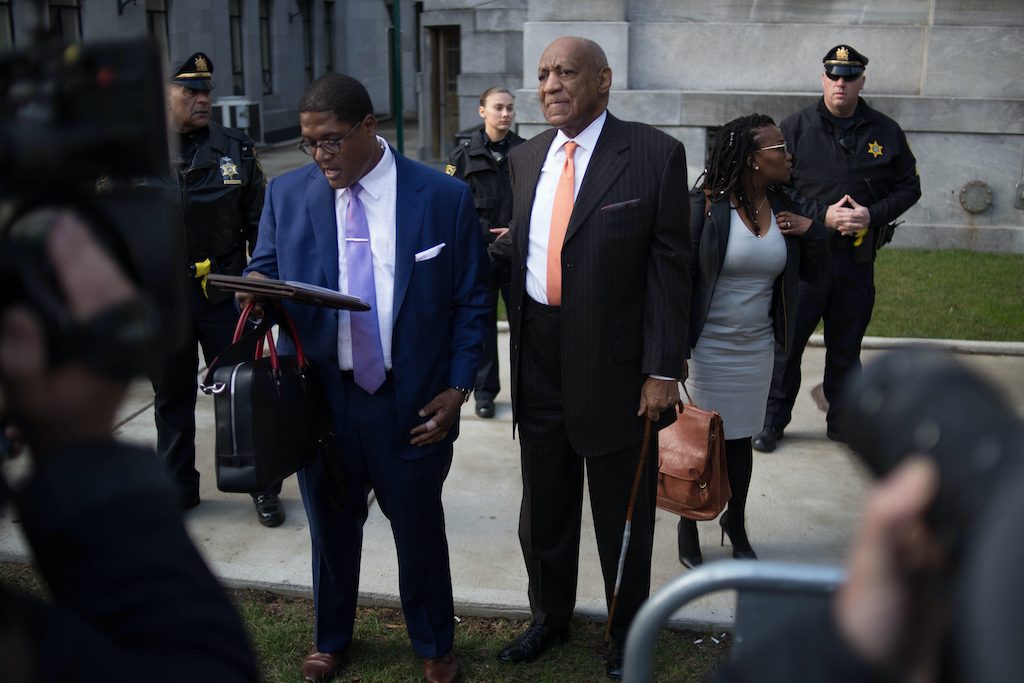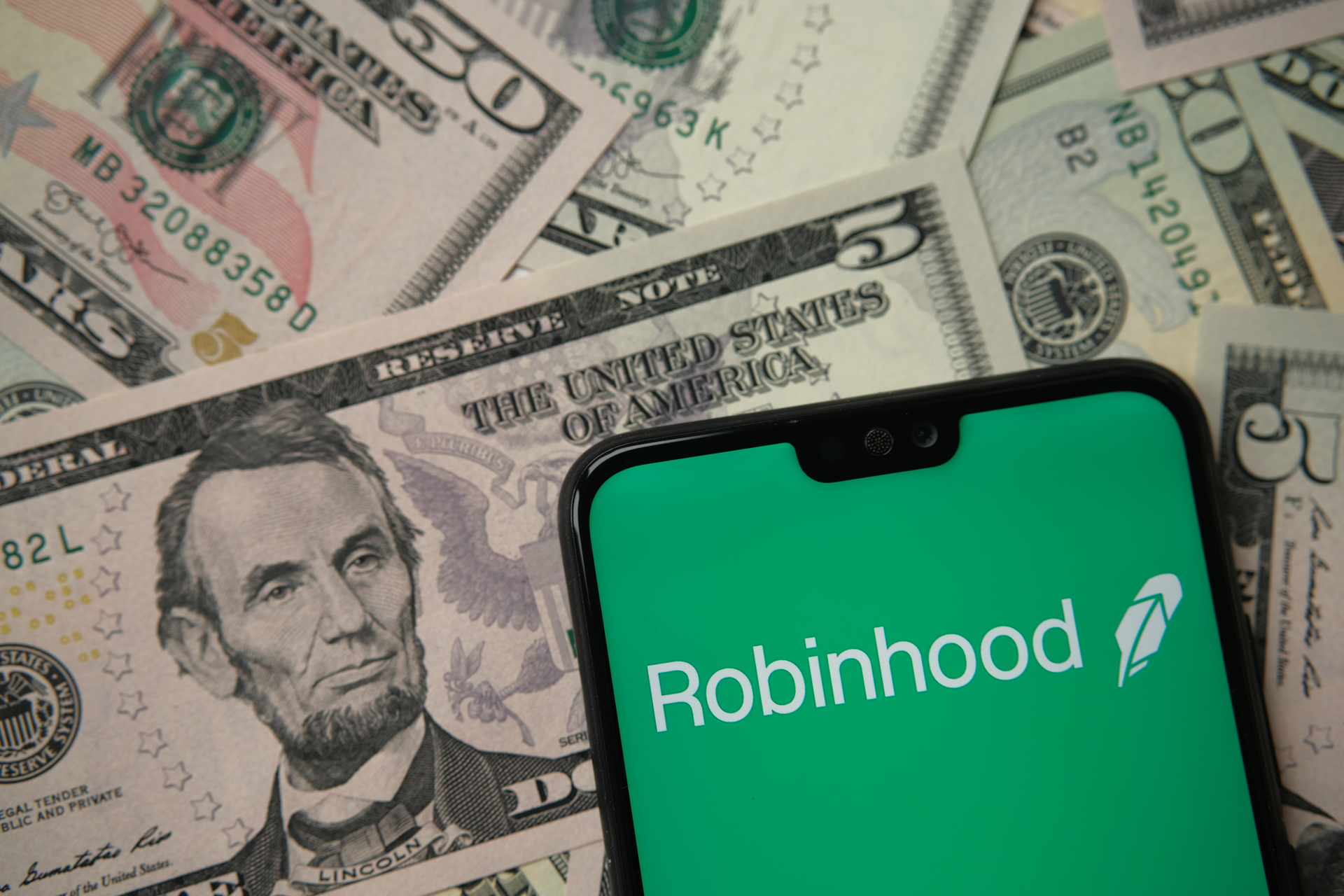 Photo Credit: Shutterstock
Photo Credit: Shutterstock
Outrage and strong emotion, in general, pair both similar and unlikely people together; this week, such intense and opinionated emotions are palpable as the news of highly condemned former actor, comedian, and author, Bill Cosby’s release from prison circulates. Fame, power, and glory have been long-understood to afford individuals a cheat code and/or escape from the perils and consequences of their actions, yet many still express both shock and fury at the latest announcement regarding Cosby’s fate.
Cosby’s name has been synonymous with disgrace and infamy since his three felony count drugging and sexual assault, of Andrea Constand, conviction back in 2018. Now, despite the strides of the expository justice-based #MeToo movement, which has rallied over 50 women against him in overwhelming additional accusations of sexual assault, Cosby has perplexingly been announced to have been freed. After serving merely three years in prison, the state Supreme Court has overturned Bill Cosby’s sentence and declares that Cosby cannot be tried again for the same offenses.
Below, we divulge the legal issues of the case and the conditions of Cosby’s release.
According to the Supreme Court, the overturning of Cosby’s conviction is justified as Cosby’s rights are said to have had been infringed upon back in 2018; prosecuting attorneys repudiated the previously established promise of attorney Mr. Castor not to charge Cosby because of a settlement deal that he had signed agreeing to pay Ms. Constand $3.38M in 2006. As we understand, Cosby was still charged with the aforementioned counts of assault, but Justice David Norman Wecht, in the following assertion, claims that this conviction was/is unlawful. Justice Wecht states: “When a prosecutor makes an unconditional promise of non-prosecution, and when the defendant relies upon that guarantee to the detriment of his constitutional right not to testify, the principle of fundamental fairness that undergirds due process of law in our criminal justice systems demands that the promise be enforced.” Castor had promised not to charge Cosby as he decided that not prosecuting the television personality would ultimately help get justice for Andrea Constand. Though this sounds counterintuitive, Mr. Castor explains that he believed and testified that Andrea Constand’s evidence was not enough to prove her accusations indefinitely.
The Supreme Court majority states that Mr. Castor’s no-charge vow was and is binding though Andrea Constand and her legal team report no knowledge or agreement of said deal. Evidently, regardless of Constand’s conditions, the Supreme Court backs Mr. Castor’s explanation of the high-stake promise. Mr. Castor expresses confidence in his and the Supreme Court’s publicly unfavorable decision and announces that he truly believes it to be the correct one as it ensured constitutional rights.
Cosby’s exoneration does not erase the crimes that he committed against Andrea Cosntand, but instead just ensures that he cannot and will not be prosecuted for them. Though this protection and immunity from prosecution is only applicable in regard to drugging and assault crimes that Cosby committed against Constand. With the #MeToo movement exposing and spotlighting the stories of numerous other women who claim to be victims of Cosby in years past, legal action can be taken, though the encounters were so long ago that limitations surrounding charges exist.
It seems as though Cosby has luckily (for him) struck upon a legal loophole, yet his morality and reputation remain soiled.


















